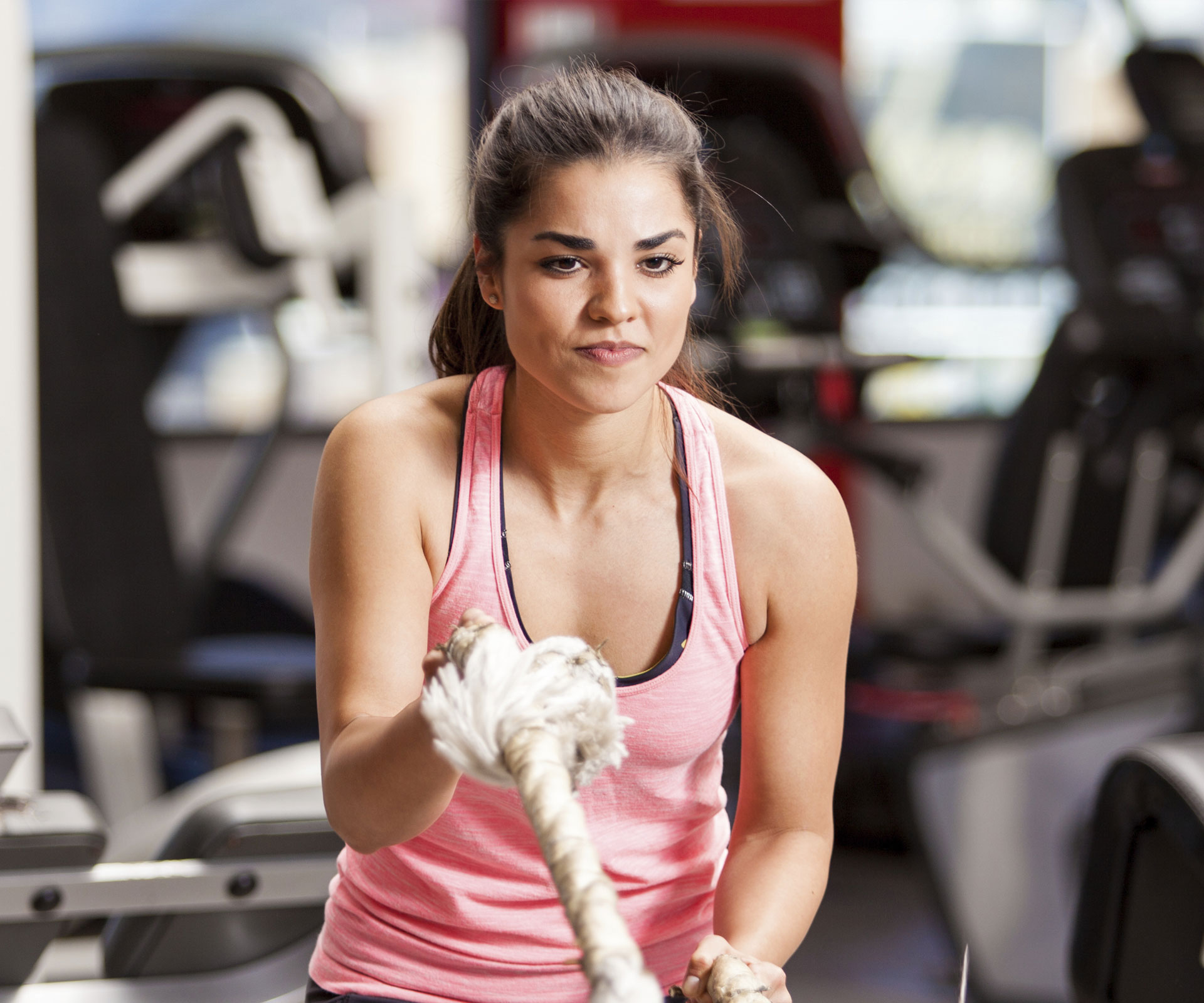Anger triggers heart attacks:
The risk of a heart attack is 8.5 times higher in the two hours following a burst of intense anger, say researchers from The University of Sydney. The findings are the result of a study investigating the link between acute emotional triggers and the risk of severe cardiac episodes. “Increased risk following intense anger or anxiety is most likely due to increased heart rate, blood pressure, tightening of blood vessels and increased clotting,” says lead author Dr Thomas Buckley.
Walk it off:
If work worries are weighing you down, it may help to know you are not alone. According to a British study of 2000 office staff, more than half of workers surveyed regularly eat lunch at their desks, nearly a third feel so busy they put off going to the toilet, and 38 per cent confess to emailing a nearby colleague, rather than getting up to speak to them. Experts agree that taking a lunchtime stroll, even if it’s only short, is one of the best ways to relieve work stress.

Uplifted: Lifting can improve memory.
Uplifted:
To boost brain function, try picking up some dumb-bells. According to a recent study by Georgia Institute of Technology, putting temporary stress on muscles causes the body to release hormones that can improve memory. The study found that only 20 minutes of lifting moderate weights can improve memory by 10 per cent.
Joint venture:
Many of us wince at it, some do it regularly, and others say it gives you arthritis – but knuckle cracking is simply air bubbles popping. Synovial fluid works as a lubricant between the joints, and contains gases. Stretching the space between bones creates a vacuum, sucking fluid into the cavity and causing bubbles to form. As the bubbles collapse, they make a popping noise. There is no link between knuckle cracking and arthritis, but if it starts to hurt, avoid ‘popping’ and see a doctor.
Breathing:
We’re doing it wrong. We all breathe about 20,000 times per day, but many of us only use the top third of our lungs. Shallow breathing can lead to tired muscles, dull skin and lethargy, and is often triggered by stress. To boost mental and physical wellbeing, focus on inhaling through the nose and filling the lungs until you feel your belly expand.
Feeling down?
Some popular comfort foods only give a short-lived happiness hit. For a longer lasting boost, try these natural mood-enhancers:
Almonds – these nutrient-rich nuts are high in magnesium, a mineral that aids in the production of the happy hormone, serotonin.
Chickpeas – this often overlooked snack is packed with vitamin B6, which regulates brain function and may alleviate premenstrual tension.
Low-fat dairy – the protein boost from yoghurt and cheese helps to maintain steady blood sugar levels, which can reduce food cravings. Avoid the high-sugar versions like ice-cream, as they can cause a blood sugar spike and subsequent crash, which will leave you feeling less than fresh.
Dark chocolate – this scrumptious superfood may lower the levels of the stress hormone cortisol, and is rich in antioxidants.
Salmon – the omega-3 fatty acids in salmon are linked to brain health and act as natural antidepressants, and the oily fish also contains brain-boosting vitamin B12.

Talk of the town: Stevia leaves are 350 times sweeter than sugar.
Benefits of Botox:
We all know Botox is a wonder drug for smoothing wrinkles, but it also has a range of medical applications. Botox is now used for treatment of overactive bladder and incontinence, as well as chronic migraines, muscle spasms and excessive sweating.
Talk of the town:
With leaves that are up to 350 times sweeter than sugar, stevia is the talk of the town for health-conscious foodies. The plant goes through a process of extraction and filtration to produce stevia extract, which can be used in refined sugar-free cooking and drinks. Stevia is grown in Paraguay, Kenya, China and the United States.
Words by: Sara Bunny
Additional reporting by: Sheree Mutton.
Photos: Getty Images

